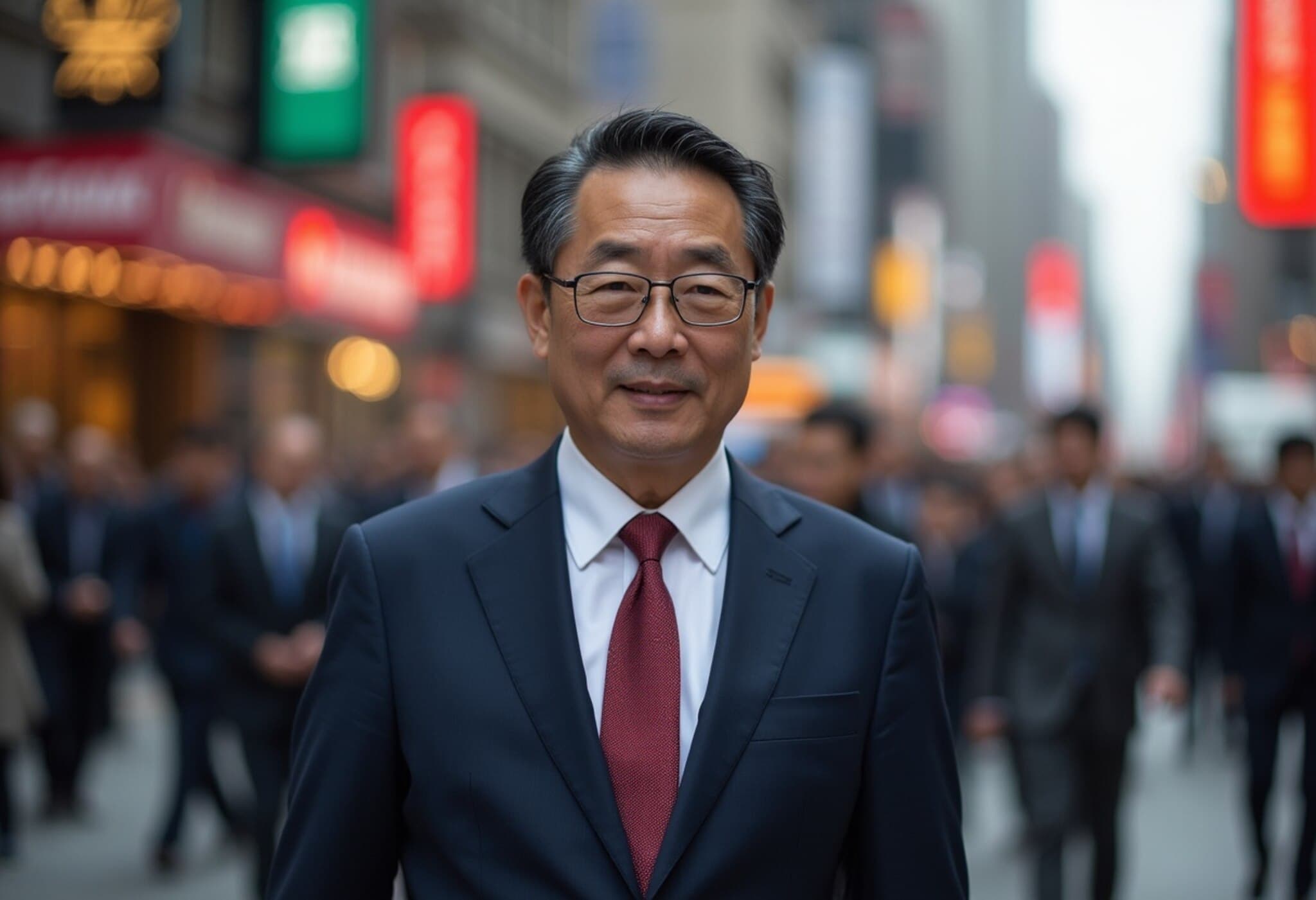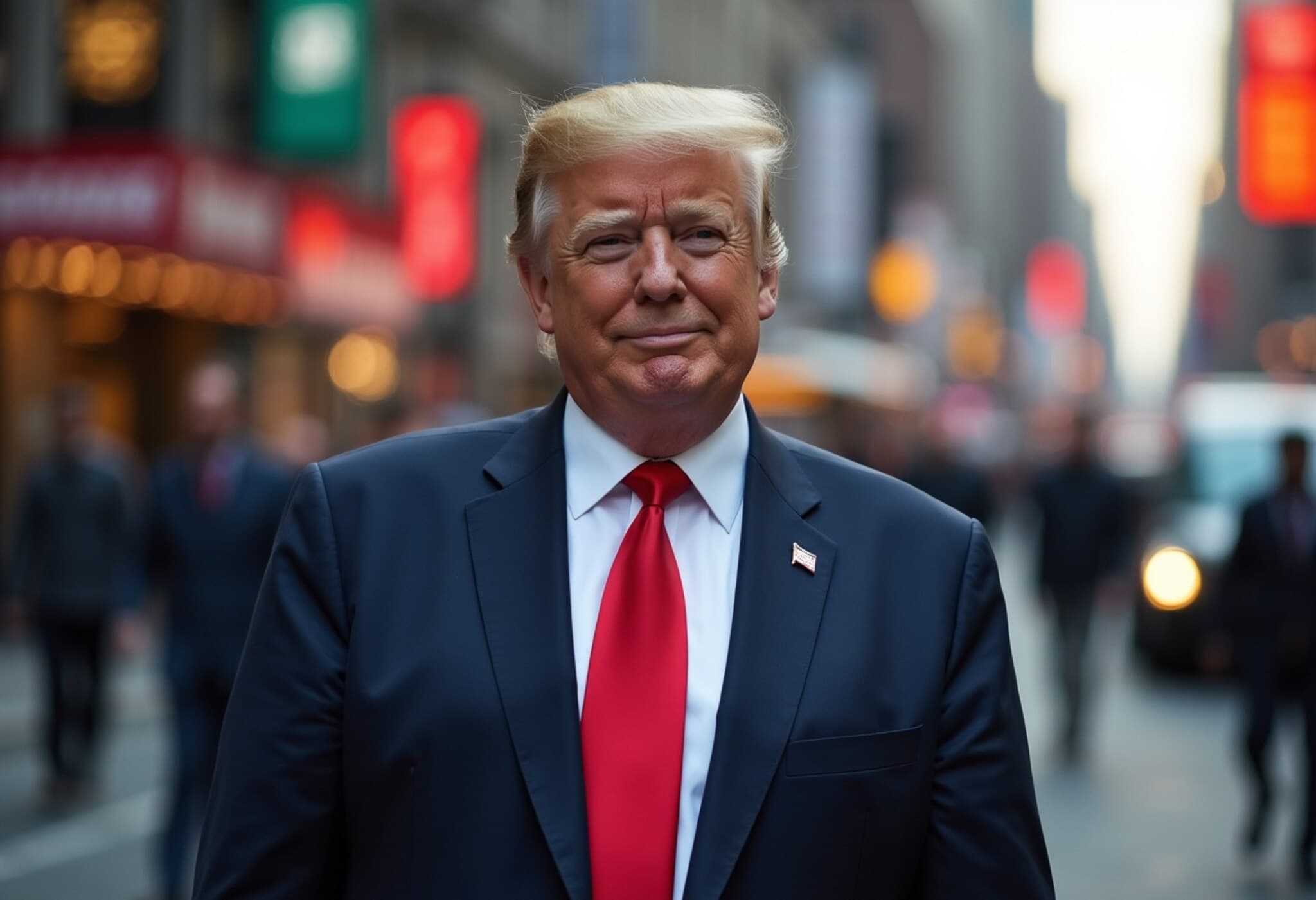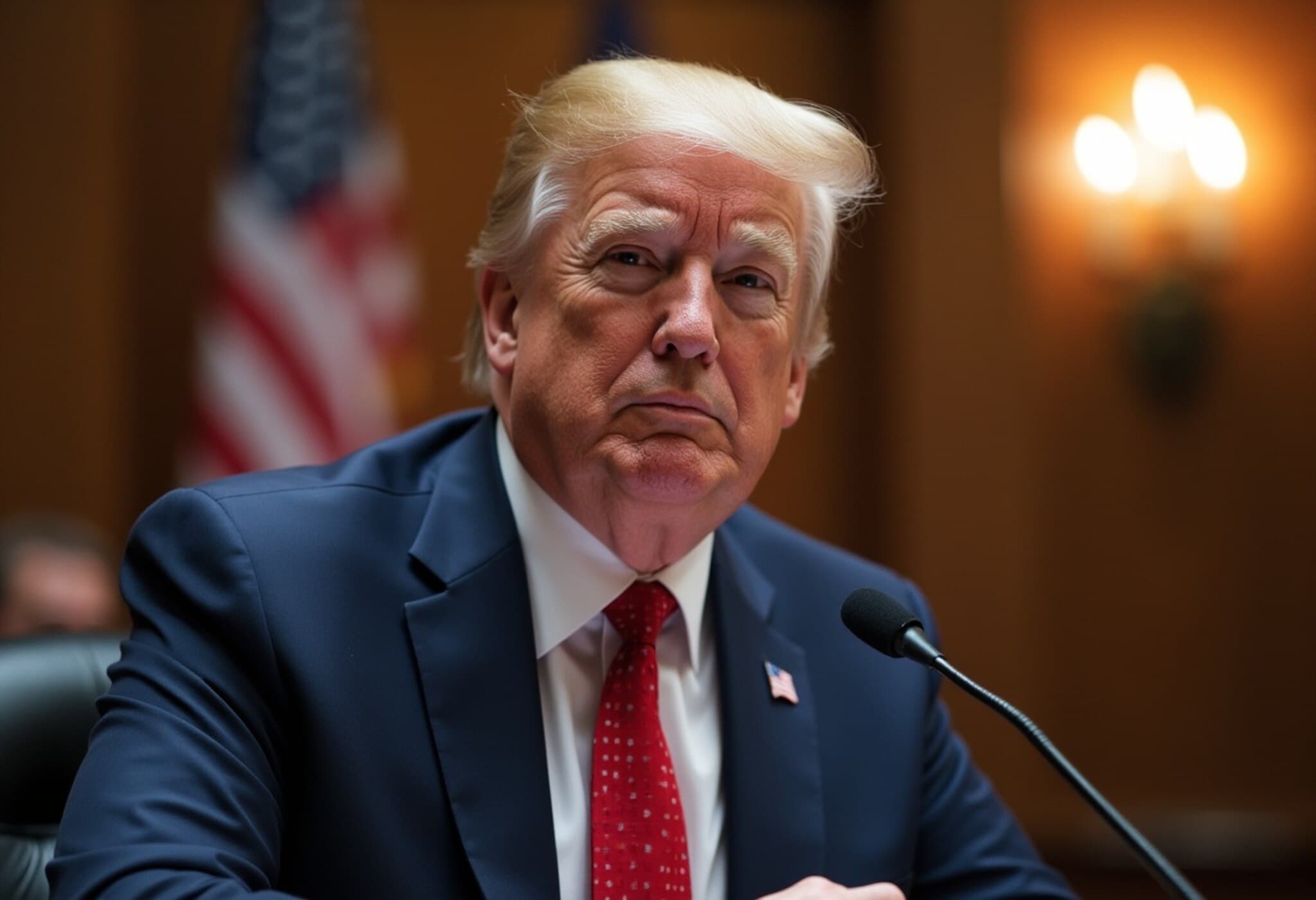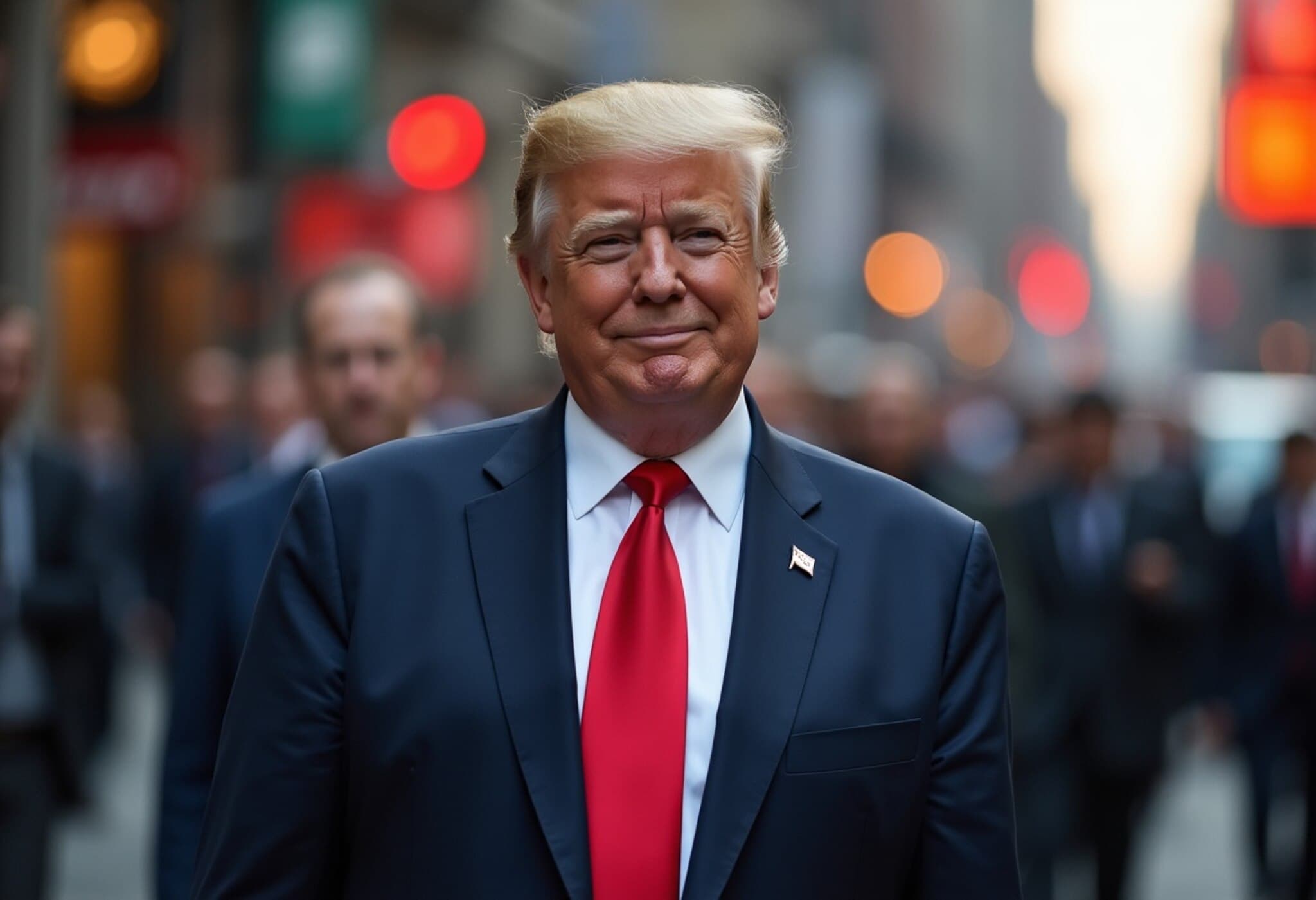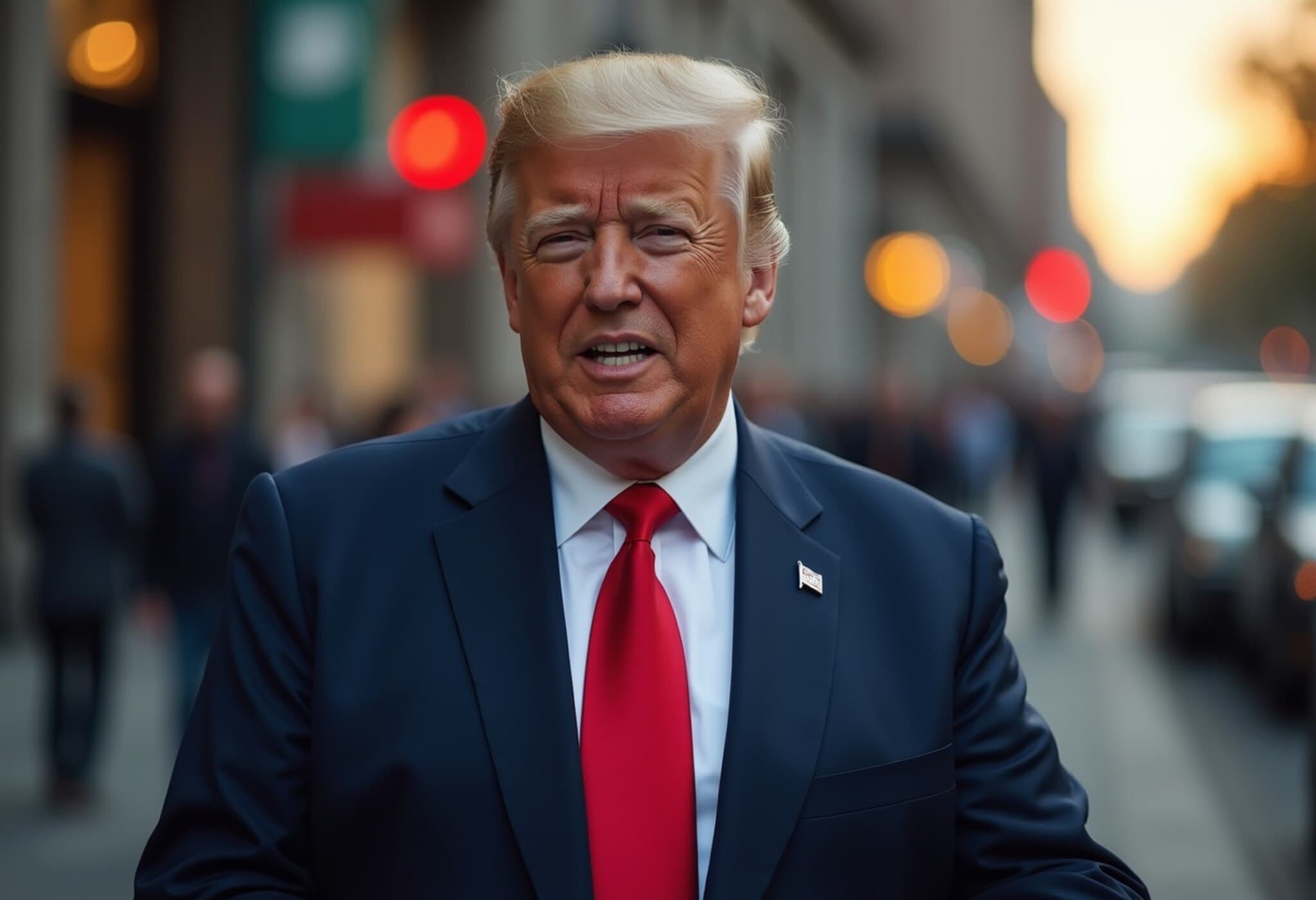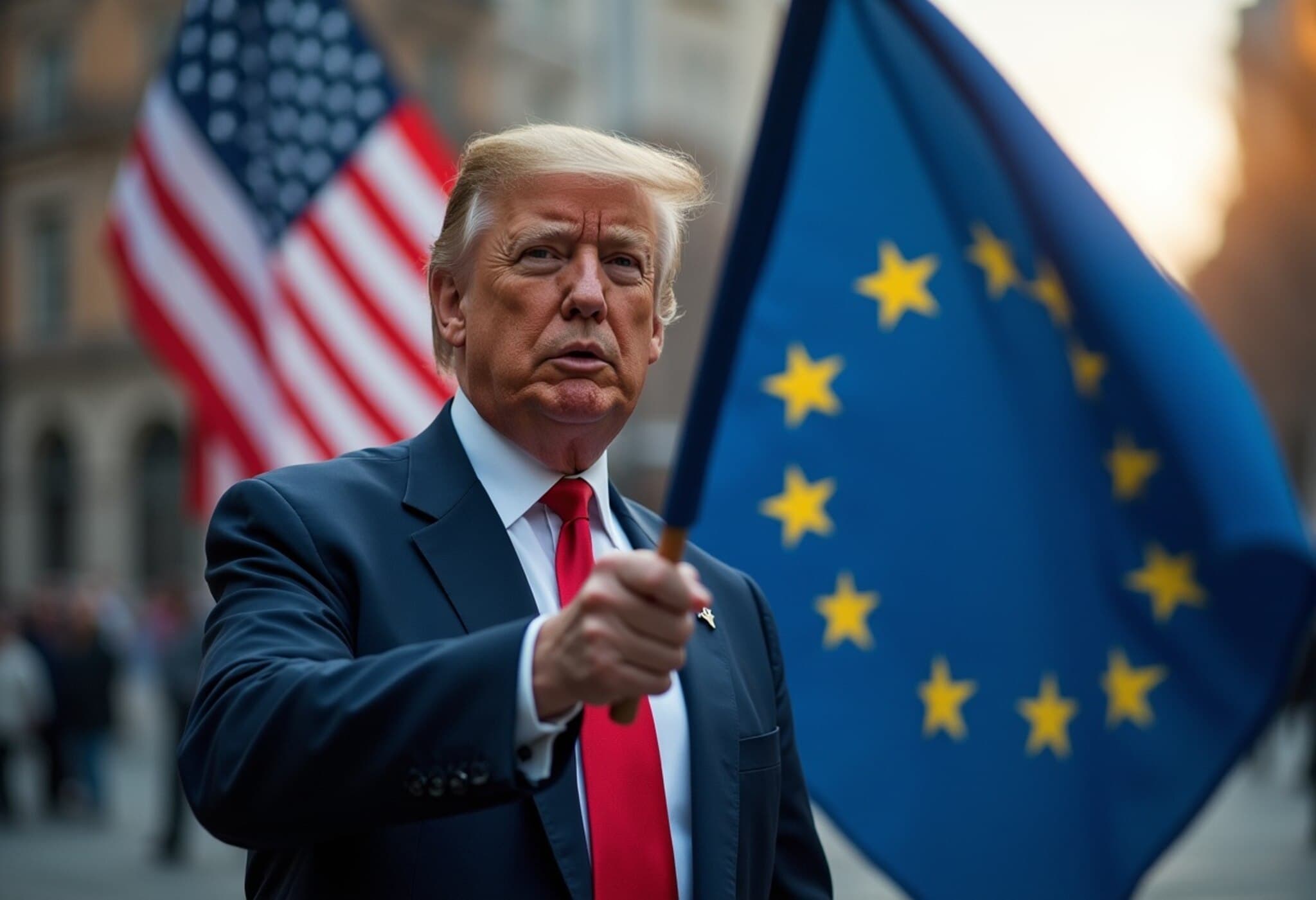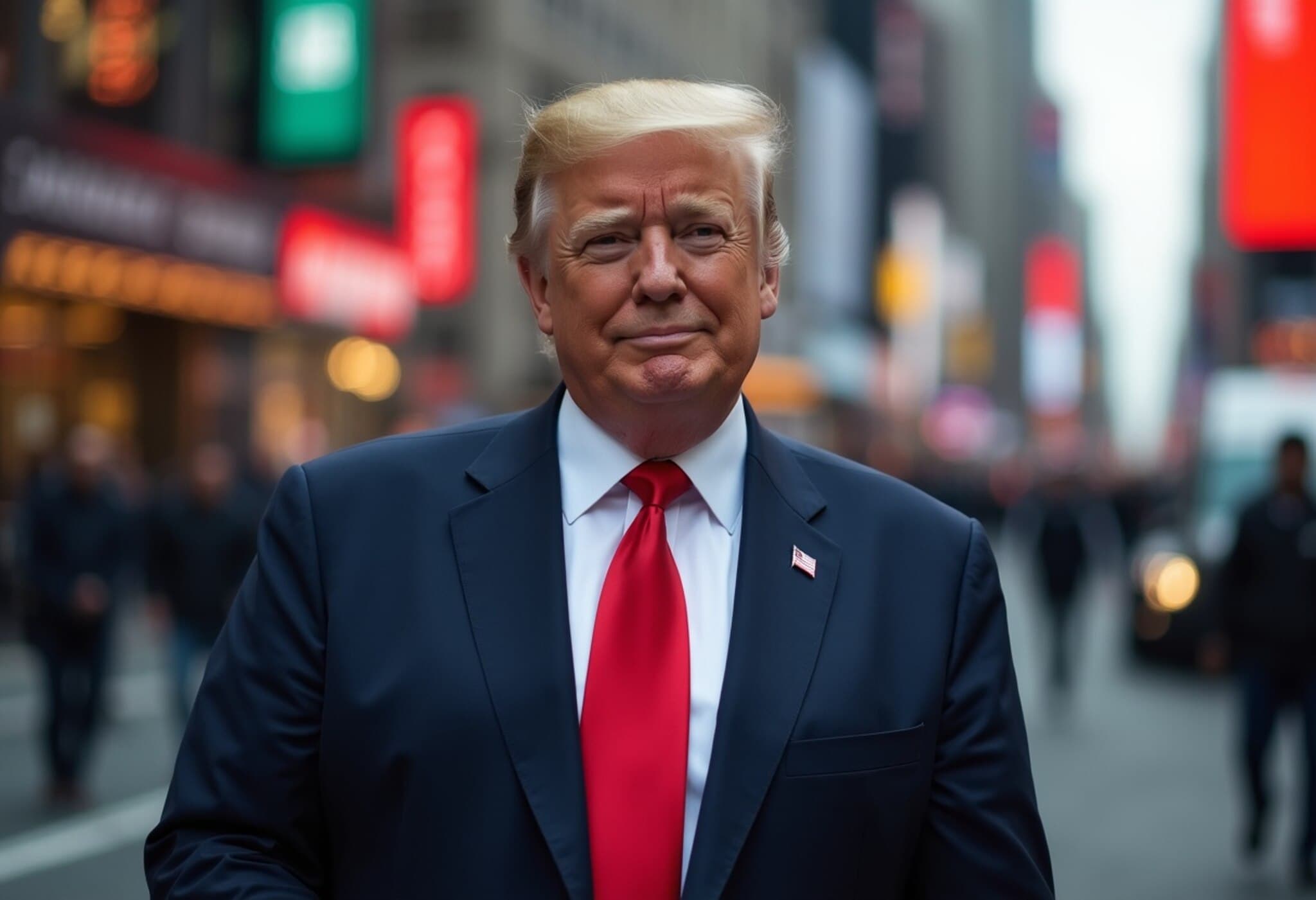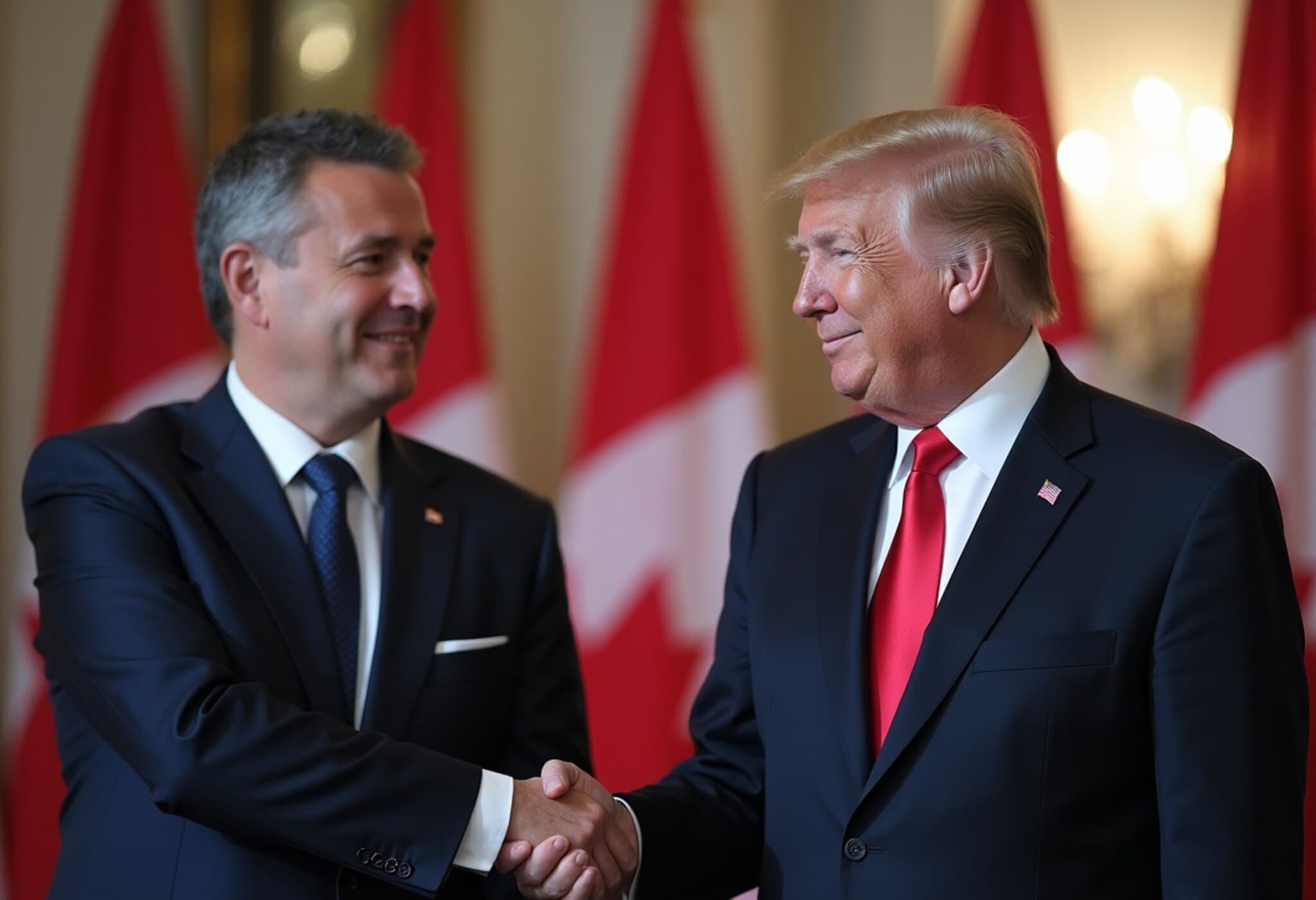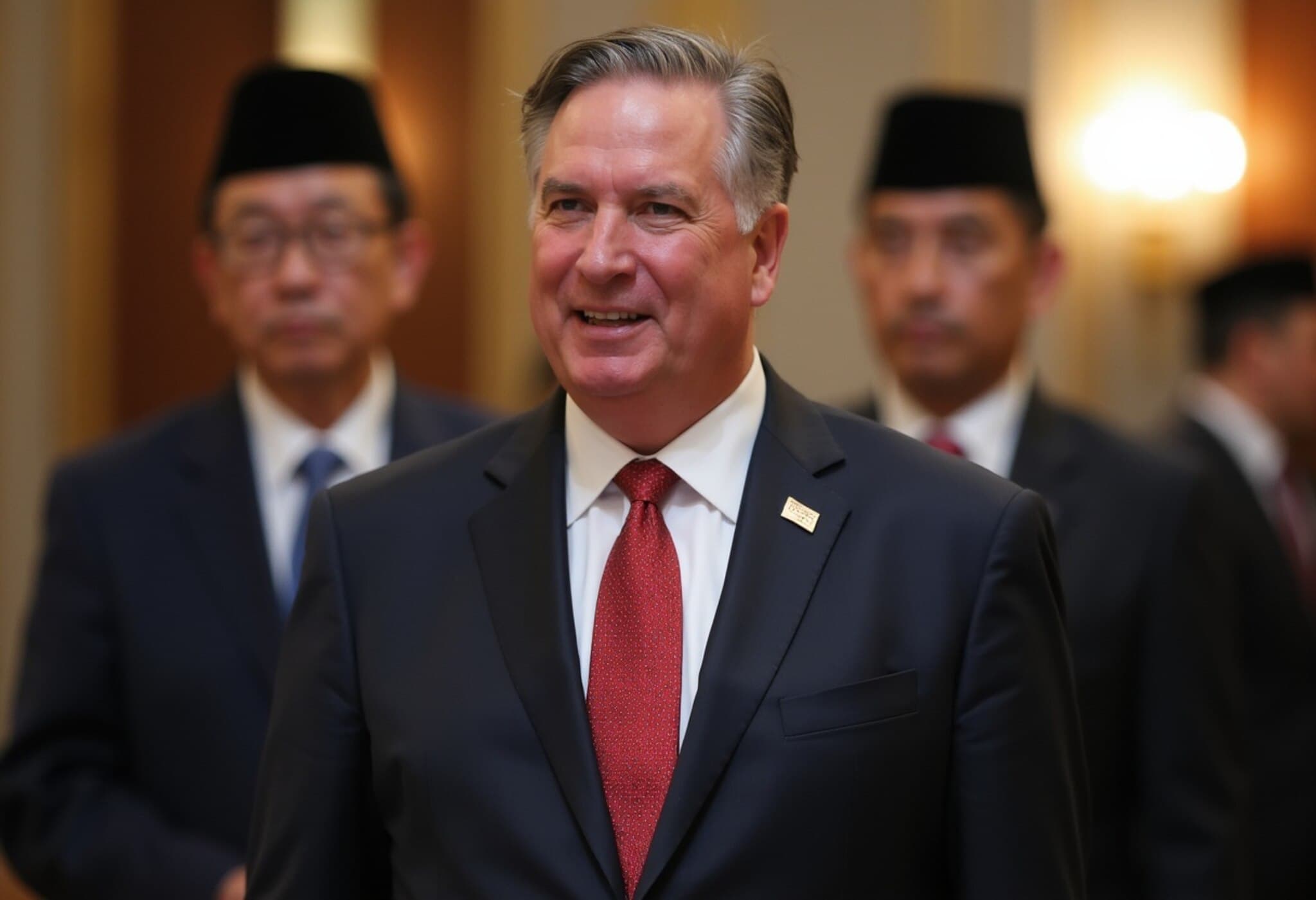Global Trade Tensions Resurface Amid Trump's Latest Tariff Moves
In a renewed wave of trade tension reminiscent of past protectionist stances, the announcement of new, higher tariffs by former U.S. President Donald Trump has jolted key U.S. allies and trade partners across Asia and beyond. With the official deadline looming on August 1, countries like Japan, South Korea, Malaysia, Thailand, and South Africa responded with a blend of criticism, concern, and cautious optimism about ongoing negotiations.
Japan Voices Regret But Holds on to Diplomatic Dialogue
Japanese Prime Minister Shigeru Ishiba openly described the latest set of tariffs as "truly regrettable" during a cabinet meeting on July 8. The tariffs, which raise the U.S. levy on Japanese imports from an already steep 24% to 25%, threaten to inflame an already delicate trade relationship.
Nonetheless, Ishiba emphasized Japan's commitment to continued dialogue, referencing the Trump administration’s proposal to extend talks up until the deadline. The Prime Minister signaled that the tariff letter’s contents could be revisited based on Japan’s upcoming response, showcasing a strategic willingness to negotiate rather than capitulate.
Expert Insight:
From a policy perspective, Japan's measured response reflects deep understanding of the stakes involved. The nation's economy is tightly integrated with the U.S., and an abrupt tariff hike risks disrupting supply chains and increasing costs for consumers and industries alike. Ishiba's balancing act of expressing regret while engaging diplomatically suggests Tokyo’s preference for resolution through negotiation rather than escalated conflict.
South Korea Pushes for Swift Resolution Amid Unchanged Tariff Rates
South Korea faces a consistent 20% tariff on its U.S. exports, a level maintained from April's announcement. The Ministry of Trade, Industry and Energy confirmed plans to accelerate talks with U.S. officials, aiming to "swiftly resolve trade uncertainties".
Trade Minister Yeo Han-Koo met with U.S. Commerce Secretary Howard Lutnick in Washington, requesting relief or exemptions, especially concerning key industries like automobiles and steel—which are critical pillars of South Korea’s export-driven economy.
Regional Context:
Given the overarching tensions with China, South Korea occupies a unique geopolitical and economic position. The sustained tariffs not only imperil economic growth but also complicate diplomatic ties. Swiftly resolving these trade issues is imperative for minimizing disruption to global supply chains in this interconnected era.
Malaysia and Thailand Express Concern, Emphasize Continued Engagement
Malaysia, confronted with a tariff hike from 24% to 25%, reaffirmed its commitment to dialogue with the U.S., highlighting the pursuit of a "balanced, mutually beneficial, and comprehensive trade agreement." Similarly, Thailand expressed shock over its steep 36% tariff but remains hopeful that negotiations will bring relief.
The responses from both countries underscore how smaller economies, reliant on U.S. market access, are bracing for potential economic impacts while leveraging diplomacy to mitigate risks.
South Africa Challenges Disputed Tariffs Amid Push for Fair Trade
South African President Cyril Ramaphosa criticized the U.S.'s 30% tariff rate as "not an accurate representation" of trade data, noting that most U.S. imports enter South Africa duty-free. South Africa aims to pursue a more equitable trade partnership, signaling its intent to address what it views as disproportionate measures.
Trade Experts Suggest Broader Strategic Calculus Behind Tariff Decisions
Deborah Elms, head of trade policy at the Hinrich Foundation, provides critical context by suggesting that despite diplomatic efforts, the Trump administration's tariffs seem driven more by strategic concerns over regional supply chains, many linked to China. According to Elms, even ASEAN countries that actively engaged in negotiations faced similar tariff measures to those less engaged, indicating a broader political strategy rather than solely trade-based considerations.
Implications for U.S.-Asia Trade Relations
- The tariffs complicate longstanding economic partnerships, risking supply chain disruptions crucial to industries such as automotive and electronics.
- The uncertainty created could slow investment and increase costs for U.S. consumers.
- There is potential for diplomatic strain that extends beyond trade, affecting regional security alliances.
The Road Ahead: Negotiations and Uncertain Outcomes
President Trump's public disclosure of tariff letters via social media, particularly on the platform Truth Social, underscores an unconventional, highly public approach to trade policy that leaves room for adjustment before August 1. This creates an environment ripe for last-minute negotiations but also brings heightened unpredictability for governments and businesses alike.
As each affected country formulates its response, the global community watches closely — aware that these tariff moves not only influence bilateral trade numbers but also signal broader shifts in international economic norms.
Editor’s Note:
This unfolding tariff saga highlights the fragility of global trade networks in an era of geopolitical friction. It raises critical questions about balancing national interests with economic interdependence and the role of transparent diplomacy versus unilateral policy moves. Stakeholders—from policymakers to multinational corporations—face pressing challenges: How can they best navigate an increasingly turbulent trade landscape? And what mechanisms can ensure that trade policies serve shared prosperity rather than stoke protectionism?

